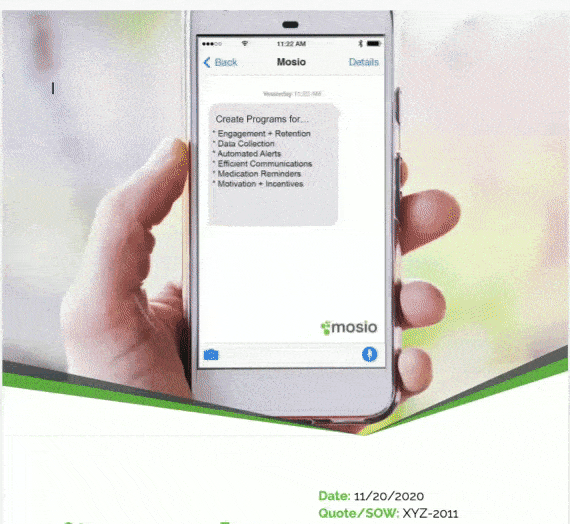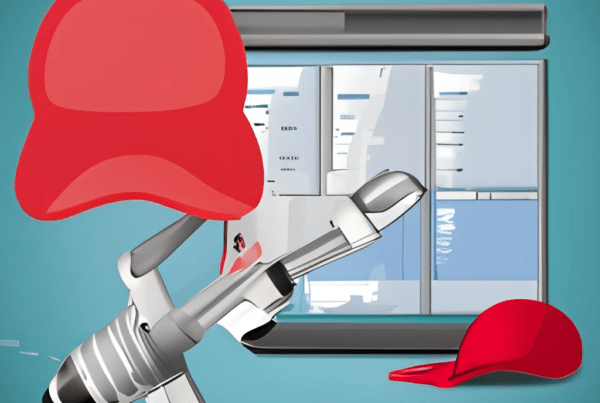
Photo by Rodion Kutsaev on Unsplash
Much research suggests that approximately 85 percent of all clinical trials are unsuccessful in recruiting enough participants and roughly 80 percent of research studies are postponed due to high dropout rates and recruitment problems. These statistics show that patient recruitment and retention for clinical trials is a big issue for most study coordinators. In an attempt to provide access to more study patients and participants, virtual clinical trials (VCTs), also called “remote” or “decentralized” trials are on the rise. FDA policies support the shift to decentralized clinical trials, which shows that we’re likely to see even more rapid expansion of them in the coming few years.
Decentralized clinical trails are based on patient-centricity, which is the concept of conducting clinical trials with the needs of patients in mind, using the mail and their homes instead of having patients go to study sites. A study discovered that drugs created based on patient-centric models were actually more likely to be launched as compared to non-patient-centric designs. The success of virtual clinical trials hinges upon patient engagement, adherence, and communications, making mobile text messaging the perfect technology to ensure study success.
A patient satisfaction survey indicates that there are several reasons why patients choose not to participate in a particular study, but one of the primary issues affecting patient participation in clinical trials is geographic location. Many studies show that 70 percent of potential clinical trial participants reside over two hours from a study site, so of course, these people find participating in research studies less appealing.
To resolve this issue, many sponsors are turning to decentralized clinical trials and mhealth technologies through text messaging and mobile apps. Different from site-based research studies, decentralized clinical trials are conveniently conducted from the participant’s home. The most successful remote studies of the future will incorporate effective uses of mobile technology, ensuring study subjects are comfortable in receiving reminders, alerts, communications, and even completing data collection surveys, journals or ePRO diaries. Implemented correctly, using mobile messaging in virtual clinical trials not only provides the opportunity to improve engagement and adherence, it creates a big opportunity for automating communications while maintaining the patient-centric elements required to keep patients in studies through to completion.
There are many ways that mobile messaging is truly patient-centric in decentralized research studies. Instead of patients completing surveys by email and/or phone calls, they can respond to questions in the comfort of their home via text message. Additionally, if patients have a question about the study, they do not have to wait to get their questions answered.
Perhaps the greatest perk of mobile messaging for patients is that they can receive incentives on their mobile phones as opposed to picking up the rewards at a study site or having to wait on the mail. These amazing incentives may include an Amazon gift card or pre-paid credit card vendors.
Among many benefits, remote studies offer sponsors a larger patient pool, better patient retention rates, and reduced administrative costs, while clinical trial sites will experience significantly reduced workloads and quicker patient recruitment. These great benefits should eventually result in quicker product launches and a more competitive market advantage.
When considering effective digital applications for virtual clinical trials, make sure that you choose “bring your own device” (BYOD) technologies, where patients use their own mobile phones. With these type of technologies, patients will probably already know how to install and open the app to receive alerts on their mobile phone. By leveraging the proper mhealth technologies, we can make participation a cinch for patients, thus improving recruitment and retention for study teams.
Are you looking to improve participant engagement, increase retention, integrate text-based interventions, or collect data in your research? If so, contact us for a free consultation, or you can get quick access to our pricing guide here.








